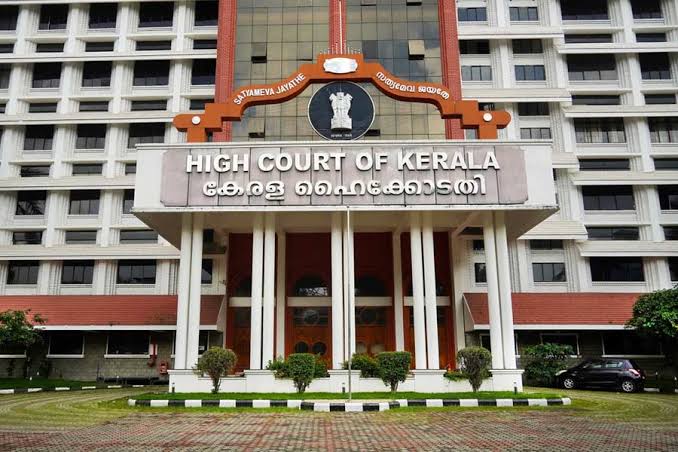


The Kerala High Court recently emphasised that bail conditions imposed by courts should not be unduly burdensome on the accused and a bail condition for the production of sureties or the execution of a bail bond should not become a form of punishment [Venugopal v State of Kerala].Justice Bechu Kurian Thomas ruled that courts should not insist on different sureties in different cases against the same accused and the accused should be allowed to produce a single surety to secure bail in all of the cases against him as long as the surety so produced is trustworthy.As long as the surety is solvent and inspires the confidence of the courts, insistence on the production of separate sureties for each case is opposed to law," the Court added.The insistence on sureties or the execution of a bail bond during the grant of bail is only meant to secure the presence of the accused during trial, the Court explained."The courts must bear in mind that insistence on sureties and execution of bail bonds cannot be another ordeal or a punishment for the accused," the Court said.The High Court referred to Sections 440, 441, and 443 of the Criminal Procedure Code (CrPC) to highlight that the purpose of bail bonds is to ensure the presence of an accused person during trial and not to guarantee financial obligations.The High Court also cautioned that the insistence on separate sureties for each case or linking bond amounts to the quantum of money involved in the crimes was legally untenable and opposed to the law."In cases where there are many crimes registered against an accused, this Court has come across a tendency on the part of the court granting bail to insist on furnishing separate sureties or to furnish bonds commensurate with the quantum involved in the criminal case. Insistence on the aforesaid two conditions is not based on any legally tenable principle and is in fact opposed to law," the High Court warned.The Court made these observations while considering a case in which the bail applicant claimed that he was not able to secure his release on bail because various trial courts were demanding that he produce different sureties in each case.Pertinently, the bail applicant stood accused in multiple cases across different police stations and districts in Kerala.The cases filed against him involved offences under Sections 406 (criminal breach of trust) and 420 (cheating) of the Indian Penal Code as well as Section 21 of the Banning of Unregulated Deposit Act, 2019.
The accused argued that various trial courts were demanding different sureties for each case, making it practically impossible for the petitioner to comply, given the large number of cases (1,726 crimes) registered against him.The High Court took a serious view of this allegation, observing that the bail applicant would have to produce more than 3,400 separate sureties (two sureties per case), going by the trial court's alleged directions. This would be practically impossible, leaving the concept of bail "illusory", Justice Thomas added."Insisting on separate sureties for 1726 cases can render the said condition incapable of performance, and the liberty of the petitioner may remain a mirage. Law does not prohibit the same surety being furnished in different cases. If the surety furnished can inspire confidence of the court on his ability to ensure the presence of the accused during trial, there is nothing that restrains the court from accepting the same surety in all the different crimes," the Court added.Additionally, the bail applicant also submitted that certain courts were insisting that he pay a court fee for each application he filed, contrary to the Kerala Court Fees and Suits Valuation Act, 1958.Having examined the relevant provisions of the law, the High Court responded by holding that,"It needs no elaborate discussion that court fees cannot be insisted on petitions filed by accused who are in prison."The Court proceeded to dispose of the plea by ordering the concerned trial courts not to insist on separate sureties for each bail plea preferred by the petitioner.The petitioner (bail applicant) was represented by advocates CS Manu, Dilu Joseph, CA Anupaman, CY Vijay Kumar, Manju ER, Anandhu Satheesh, Alint Joseph and Paul Joseph.The State was represented by Public Prosecutor MC Ashi.
TAGS: High Court Sections 440 441 443 Criminal Procedure Code (CrPC) bail bonds accused person trial financial obligations